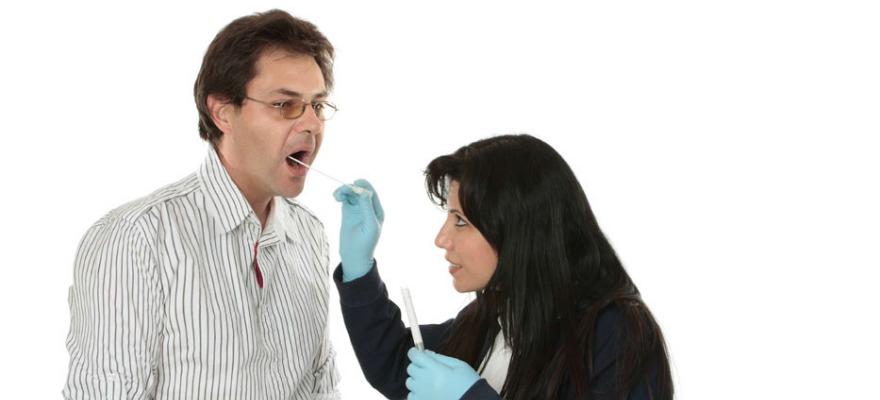DNA testing is always improving with new technologies and techniques, and so does the method of taking a DNA sample. The following article will indicate what DNA samples will be needed from your client and how it will be taken.
Paternity and extended family testing has changed due to new developments in technologies, previously the only DNA that could be collected was blood. Now, all that is needed is a mouth swab sample. Mouth swabs are now commonplace as they make the process much easier than before.
Some people still think that blood is the most accurate source of DNA to use, especially in comparison to a mouth swab. However this simply isn't the case, our DNA remains consistent throughout our body, blood and mouth samples are no different, there is no benefit using one or the other in terms of achieving a conclusive result, as they will produce the same result.
Sampling has became much easier than before as mouth swabs are now used, with no trade off in accuracy. The stress of taking blood and sampling blood from your client is now over (in most cases).
Which sample is needed?
In most cases we will require your client to take mouth swab samples instead of blood samples. We will only require a blood sample for alcohol testing (other forms of testing can still be used) or a prenatal non-invasive paternity test. As blood in these instances are the only way to get the required information needed to complete a test.
How will the samples be taken?
The DNA Legal team will arrange the sample collection on your client's behalf, there are two different options that your clients can take, which will vary in cost. We can send a registered nurse to your clients household or any other suitable location. Or your clients can attend one of our many clinics around the country/world.
A mouth swab sample is very quick and will take just a couple of seconds to complete for each participant. These samples will then be securely sent to our laboratory for further examination by our forensic scientists, at this point your clients can expect results to be returned within 3-5 business days. However more complex cases can take 5-10 business days. As more time is needed to examine the DNA samples to make sure a conclusive result is reached.
Want to know more?
If you would like to know more about our sampling process, you can contact our team on 0203 199 7390 or you can request an online quote here.

